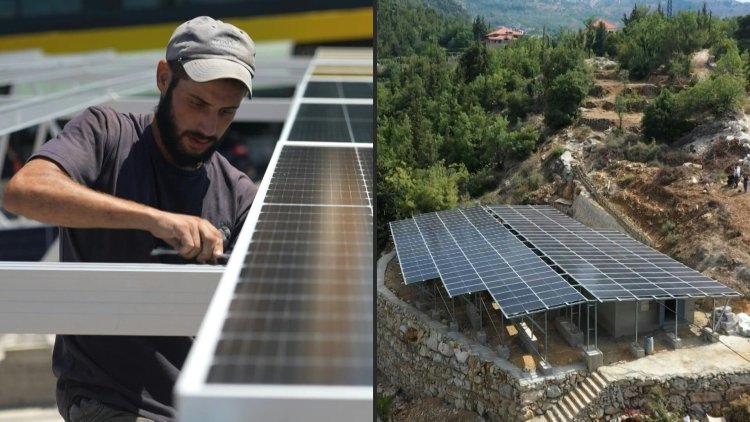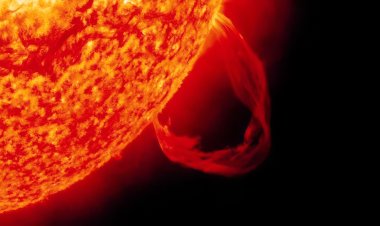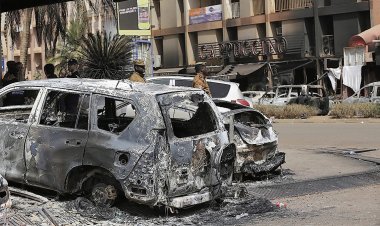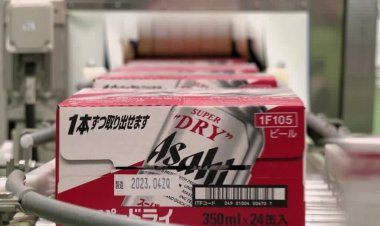'A necessity': Lebanon forced to convert to solar energy

Thanks to solar energy, residents of the northern Lebanese village of Toula are finally able to enjoy ice cream again -- a treat in a sun-baked country plagued by power cuts.
Lebanon's economy collapsed in 2019 after decades of corruption and mismanagement, leaving the state unable to provide electricity for more than an hour or two per day, it said.
Last winter, the mountain village of Toula barely had three hours of daily generator-driven electricity.
Solar power now helps keep the lights on for 17 hours, an engineer working on the alternative energy project said.
While many Lebanese rely on costly generators for electricity, a growing number of homes, companies and state institutions are turning to solar -- not out of environmental concern, but because it's their only option.
Solar panels dot rooftops and parking lots, powering entire villages -- and even Beirut's only functioning traffic lights, thanks to a local NGO.
"Solar energy is no longer an alternative, it's a necessity. If we hadn't installed panels, the village wouldn't have any electricity," said engineer Elie Gereige, standing beside a sea of panels on a hilltop overlooking Toula.
Gereige is part of a team of volunteers who raised more than $100,000 from Toula expatriates to build a solar farm with 185 panels installed on church land.















